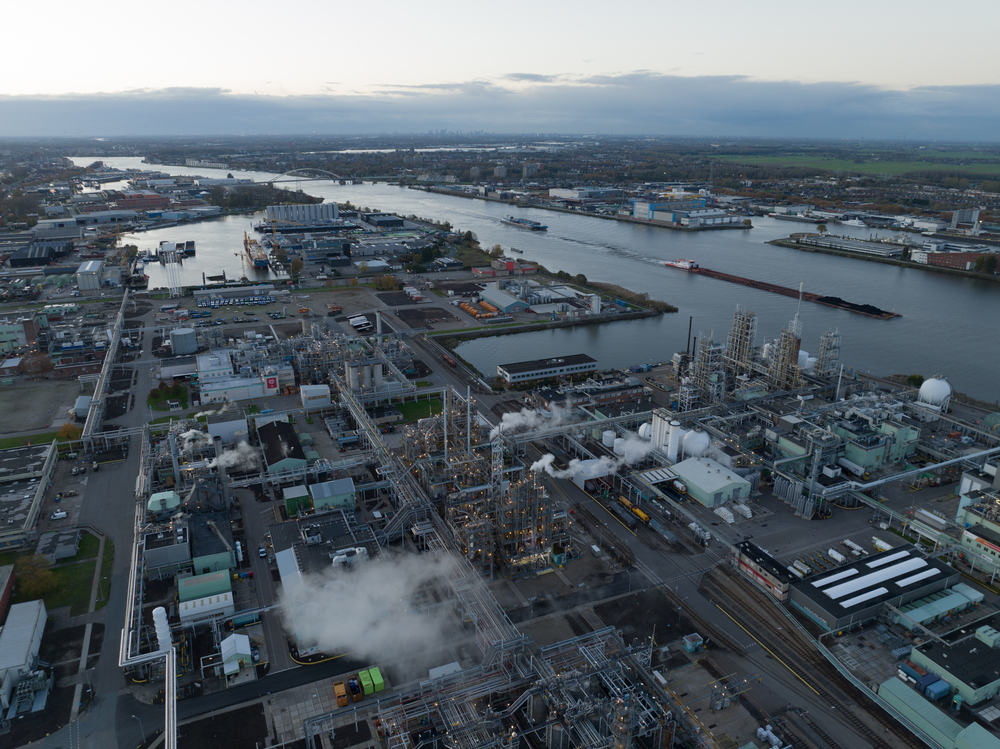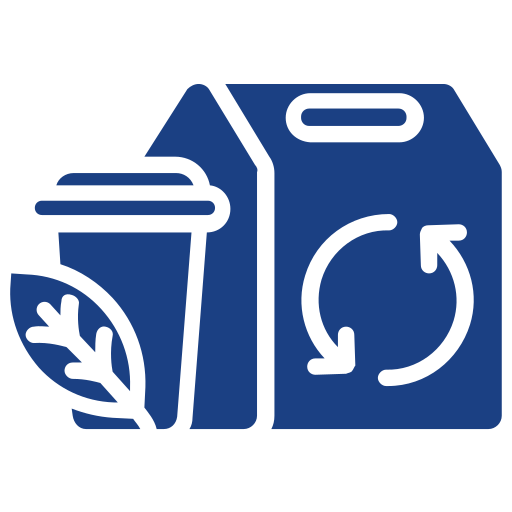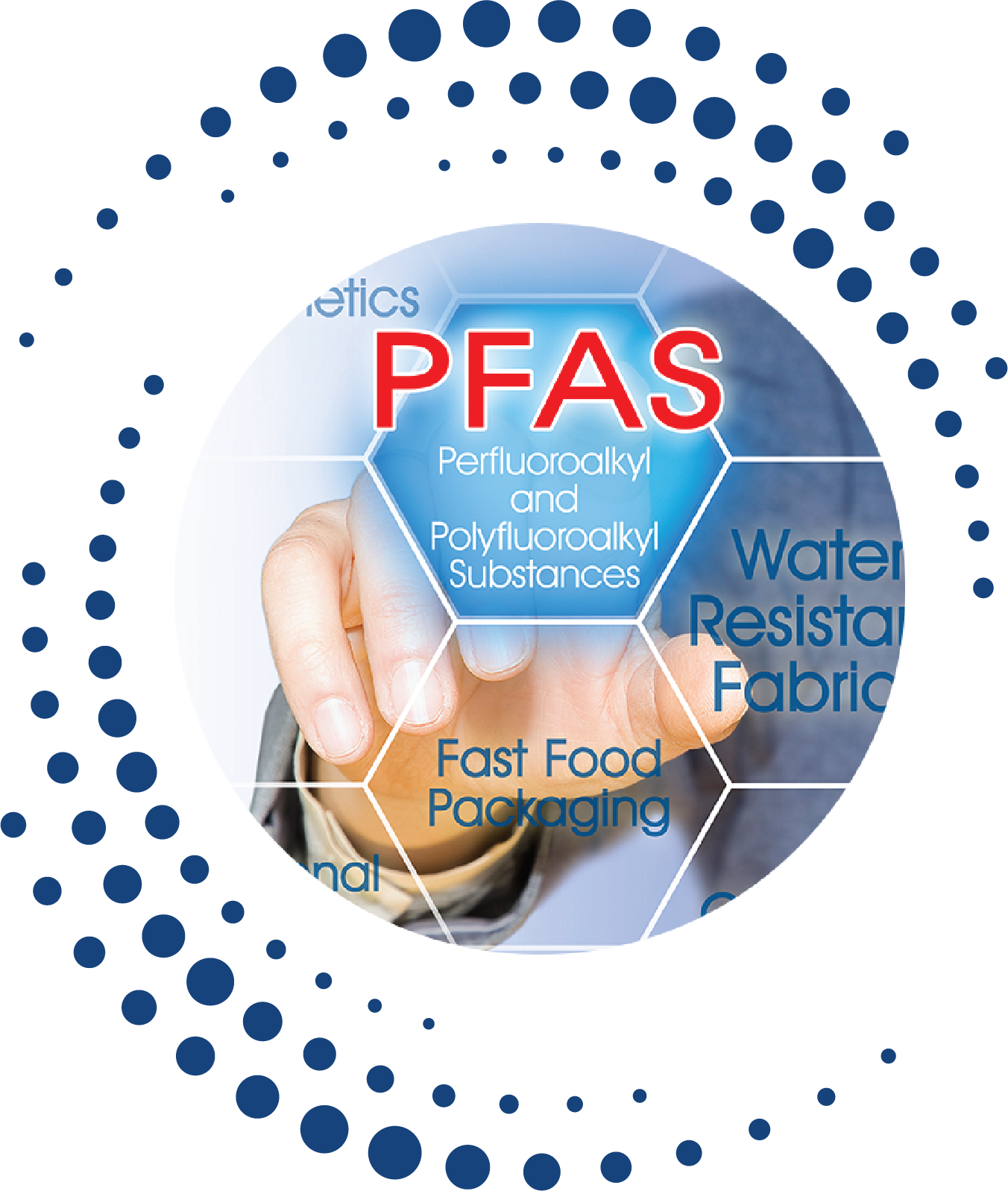The PFAS Problem
It’s important to note that the use of PFAS is widespread, and their impact on human health and the environment has led to increased regulatory scrutiny. As a result, many industries are actively seeking ways to reduce or eliminate the use of PFAS and are implementing filtration systems to prevent their release into the environment. Additionally, advancements in filtration technologies are continuously being developed to improve the efficiency of PFAS removal from various sources.
Industries Served
PFAS (per- and polyfluoroalkyl substances) filtration is essential in various industries to mitigate the environmental and health risks associated with these persistent synthetic chemicals. PFAS are widely used in industrial processes and consumer products, and their presence in water sources has raised concerns. Industries that are likely to benefit from PFAS filtration include:
Tighter PFAS Rules Strain Treatment Systems, Raise Disposal Concerns
The regulation of toxic PFAS chemicals in drinking water and wastewater is undergoing a comprehensive regulatory overhaul at state and national levels. The implementation of more stringent limits for PFAS exposure and discharge poses significant challenges for conventional adsorption technologies. Treatment applications will require larger media volumes to meet new MCLs, compounding PFAS waste disposal under proposed rules to regulate the generation, transportation, and disposal of PFAS-containing waste materials.










